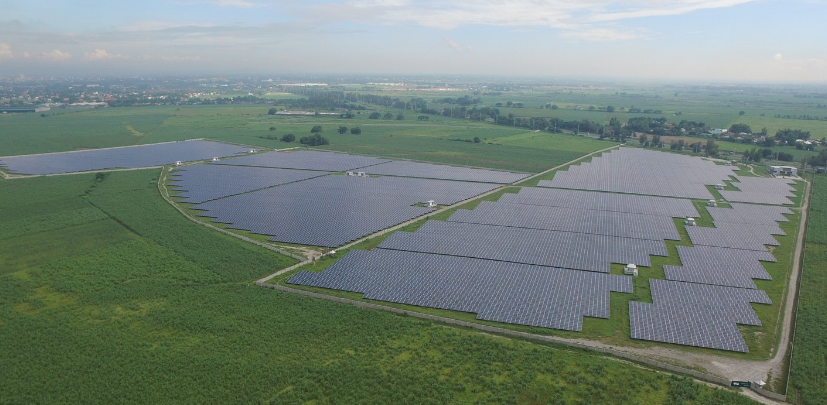Upping its original forecast for this year, from an anticipated 108 GW of new solar PV installations, IHS Markit now expects 113 GW driven, once again, by demand in China, which has successfully transitioned from a utility-scale market to one with a strong focus on distributed PV. This represents growth of 19% on 2017, which saw just under 100 GW installed.
“This latest forecast is close to the global polysilicon limit manufacturers can supply,” said Edurne Zoco, research and analysis director for IHS Markit.
He continues, “At this rate of installation, module availability will once again be the limiting factor, and prices may limit investment returns on solar projects already under contract to sell electricity at low prices. Stable module prices are expected throughout the year, which is a direct result of continued high demand.”
As has long been clear, China is set to continue its reigning role with between 53 and 60 GW, or around a 47% market share, according to the latest PV Installation Tracker Q1 2018. Two sharp installation peaks are expected in Q2 and Q4 on the back of feed-in tariff deadlines.
India meanwhile, will usurp the U.S. to become the second biggest market in 2018 on the back of developers looking to secure modules before tariffs are introduced. Josefin Berg, an analyst at IHS Markit tells pv magazine that they expect to see 11 GW in India this year, while the U.S. should install 10 GW.
Bridge to India, however, has recently forecast that India will install just 6 GW in 2018 following the recent trade conflicts, down from 9.3 GW in 2017.
If IHS Markit’s estimate does prove accurate, it will be the second time in a year that the U.S. has been overtaken: in February, GTM Research found that Latin America was the largest solar tracker market in 2017, kicking the U.S. to second spot.
Emerging markets are also set to step up their game this year. In particular, Mexico and Egypt will enter the ranks of the top 10 biggest solar markets, kicking out South Korea and the U.K., with and 1.8% and 1.3% share of the global market, respectively. Overall, the top 10 markets are expected to install 92 GW of the 113 GW capacity, says Berg. They are: China, India, United States, Japan, Australia, Germany, Mexico, Brazil, Turkey and Egypt.
“The United States continues to import modules, despite the latest import tariffs. In emerging markets, countries like Egypt, Brazil and Mexico have large PV projects requiring modules in 2018. Several projects that were postponed in 2017, due to high module prices, will need to be installed this year,” said Zoco.
Two weeks ago, IHS Markit said it expected Europe to install just 11 GW in 2018, up from around 9 GW in 2017, meaning the remaining 102 GW will be installed outside of what was, up until 2013, the world’s leading region for solar PV. The Spanish market is predicted to become Europe’s fifth-largest PV market this year, while leading the pack will be Germany, Turkey and France, IHS analyst, Susanne von Aichberger told pv magazine at the time.
Overall, the last quarter of the year is expected to be the biggest in history, with a record 34 GW of new installations expected.
In comparison, at the end of 2017, Bloomberg New Energy Finance said that with an expected stabilization of the polysilicon market, improved cost-efficiencies on the upstream side and increased efforts to meet 2020 energy targets in Europe, demand in 2018 should be between 94 and 111 GW.
This article was amended on April 5, 2018 at 20:15 to include extra details from IHS Markit.
This content is protected by copyright and may not be reused. If you want to cooperate with us and would like to reuse some of our content, please contact: editors@pv-magazine.com.









1 comment
By submitting this form you agree to pv magazine using your data for the purposes of publishing your comment.
Your personal data will only be disclosed or otherwise transmitted to third parties for the purposes of spam filtering or if this is necessary for technical maintenance of the website. Any other transfer to third parties will not take place unless this is justified on the basis of applicable data protection regulations or if pv magazine is legally obliged to do so.
You may revoke this consent at any time with effect for the future, in which case your personal data will be deleted immediately. Otherwise, your data will be deleted if pv magazine has processed your request or the purpose of data storage is fulfilled.
Further information on data privacy can be found in our Data Protection Policy.